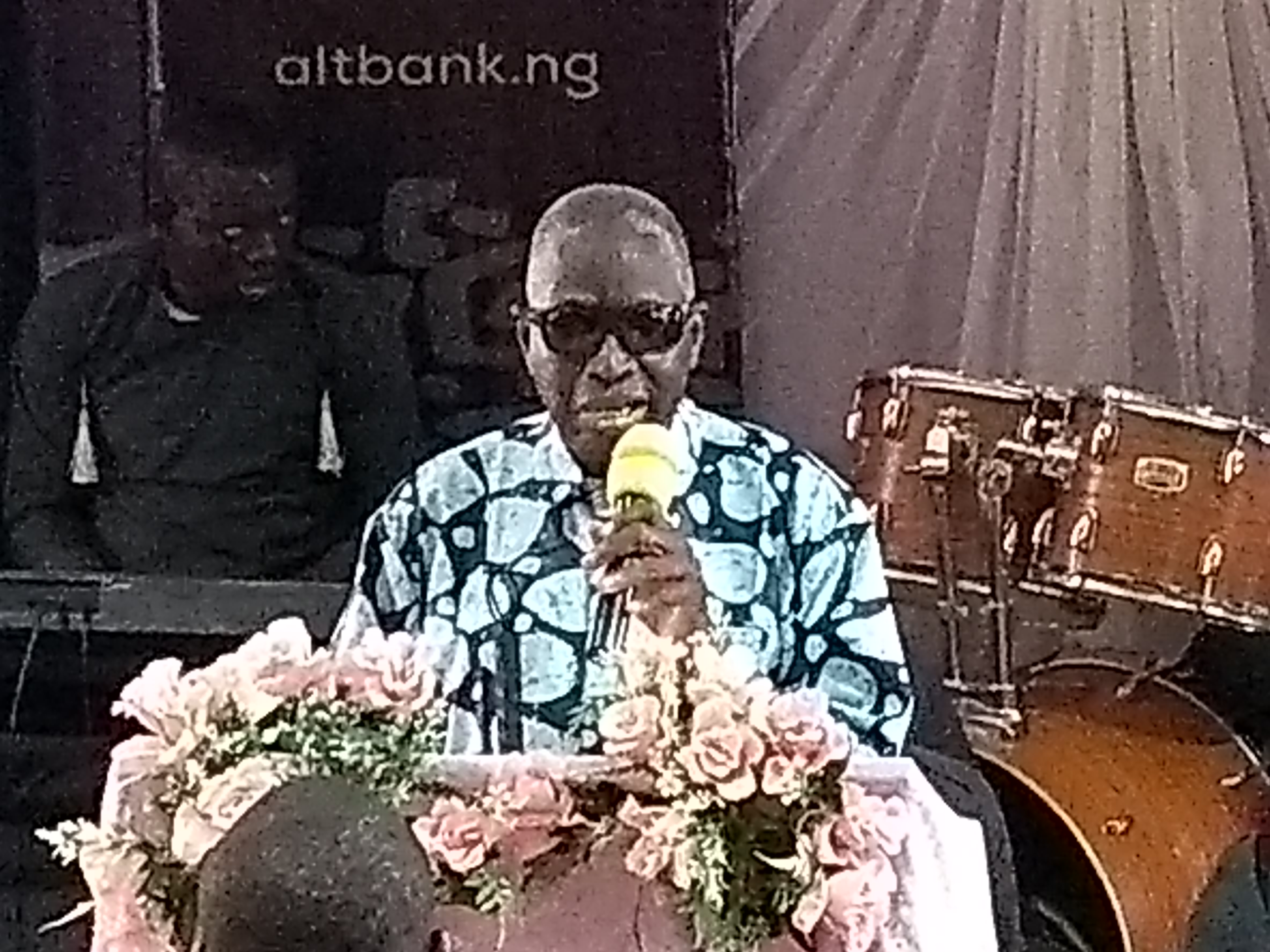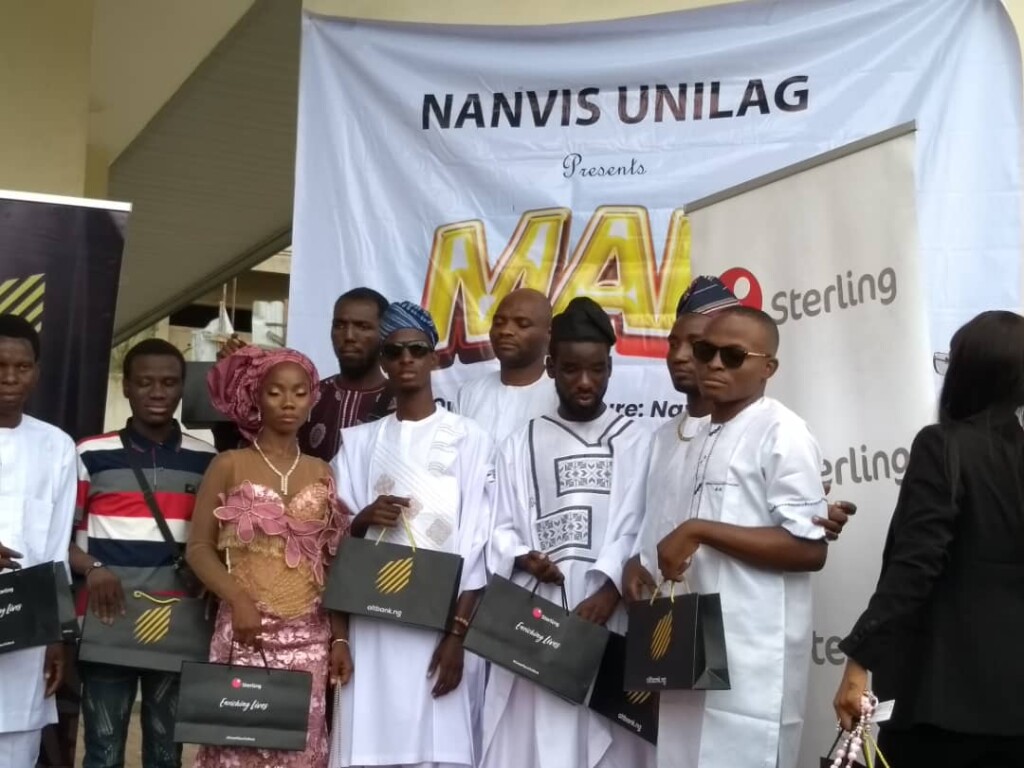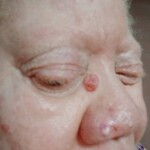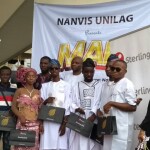By Our Reporter
Students with disabilities owe it to themselves to seize opportunities lying beyond policies and programmes that government and non-governmental organisations provide.
Paul Ajuwon, a US-based professor of special education, said this in his speech at the fourth edition of Make A Difference (MAD 4.0) in the University of Lagos, Akoka, on July 25.
“Those of us students with disabilities have to be at the fore front of disability advocacy so our efforts complement what the government and NGOs are doing,” he said.
The National Association of Nigerian Visually Impaired Students (NANVIS, UNILAG), according to its president Isaac Ajibade, organized the event to showcase the abilities of its 75 members, and expose them to opportunities.
Ajuwon recapped how he had the luck of getting off to a good start—as part of the pioneers of Pacelli School for the Blind in Lagos.
The Catholic missionary special school has been providing blind children with basic and vocational education since the 70s.
Despite his poverty, Ajuwon said more opportunities came his way to study in the US and Canada. He later got the opportunity to lecture at the University of Jos before getting another to administer a special school in the US.

Prof. Ajuwon
The Fullbright scholar, however, noted opportunities, especially abroad, are dwindling now.
“The president of our county is pursuing an America First policy,” he said, noting how this has limited access to opportunities for overseas students.
But he advised those with ambition to search online, and link up with established professors for mentorship and graduate assistance opportunities.
“Those students who took my advice have found opportunities that way,” he told the gathering of blind students.
The list of speakers at the event included UNILAG lecturers, staff advisers, Pacelli and UNILAG alumni, and past members of NANVIS. They emphasized the need for blind students to strive harder for recognition and opportunities that life, technology, and governments present.
The government is actually trying its best with disability policies, according to Ajibade.
“If you look everywhere you see ramps—I am speaking for the physical cluster now. We blind students are fairly mobile so we don’t need any special accessibility,” he told ER. “But we are asking the government to get us digital braille and other digital assistive devices in the blind resource centre.”
Parts of the event showcasing the abilities of the participants included the recognition and cash awards for four students with 4.0 grade point and above; recognition of hardworking excos; and audition of music talents.







